Fatty Liver, NAFLD & NASH
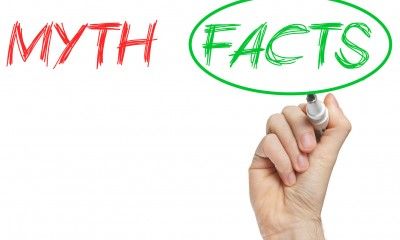
Exposing 5 Common Myths About Liver Disease
When conceptions about liver disease stray far from the truth, efforts to prevent, detect and treat are hampered.
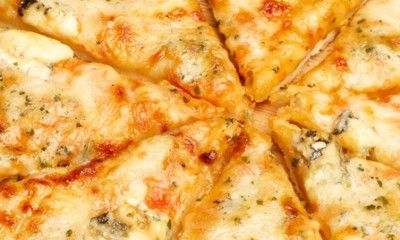
The Link Between Liver Disease and Dairy Problems
Likely a consequence of small intestine bacterial overgrowth, many people with chronic liver disease may have difficulty digesting dairy.
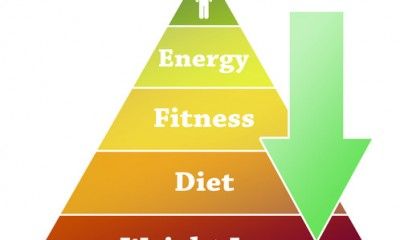
Liver Cancer Risk Heightens Weight Loss Urgency
Understanding the plea for insurance coverage of lap-band surgery to prevent liver cancer reiterates why stopping fatty liver disease is imperative.

7 Ways to Stop Liver Scar Progression
Hone your awareness of liver scar progression, the importance of stopping its advancement and seven strategies to accomplish this goal.
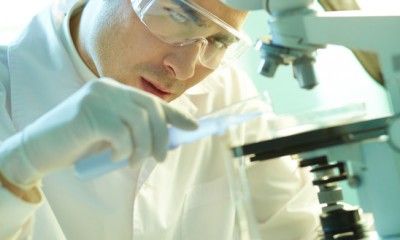
Potential Fatty Liver Drug Created at Scripps
A new drug (a selective synthetic LXR inverse agonist) developed by Scripps scientists could change the way we approach fatty liver disease.

Love Your Liver on Valentine’s Day
If managing a fatty liver, swap three daily routines with the suggestions listed below for a new way to pronounce your love on Valentine’s Day.
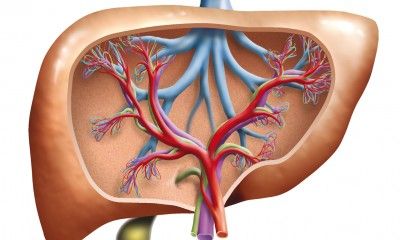
Do You Have High Liver Enzymes or a Fatty Liver?
If your doctor delivers news of high liver enzymes or a fatty liver, make sure you understand what that means.

The Laboratory Opossum: New Animal Model to Study Nonalcoholic Steatohepatitis (NASH)
Scientists at Texas Biomed have developed the laboratory opossum as a new animal model to study the most common liver disease in the nation – afflicting up to 15 million Americans – and for which there is no cure.

Diagnosing and Managing Nonalcoholic Fatty Liver Disease (NAFLD)
A new practice guideline for diagnosing and managing nonalcoholic fatty liver disease (NAFLD) has been released jointly in the June issues of Gastroenterology, the American Journal of Gastroenterology, and Hepatology.

Liver Involved in Appetite and Obesity
New research shows that a liver-brain connection exists and it might influence our ability to lose excessive weight.
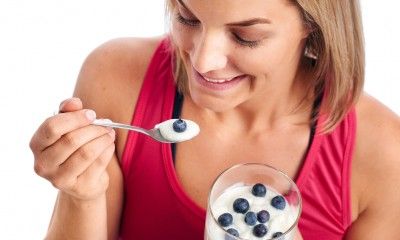
More Evidence That a Fatty Liver Benefits from Probiotics
While there is still much to learn about fatty liver disease, there is a growing recognition that beneficial bacteria in the gut can play a major role in preventing fat accumulation in the liver.
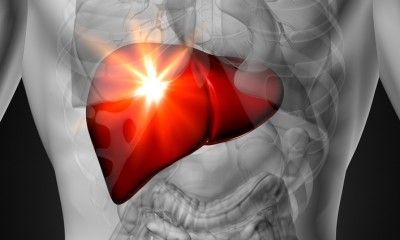
Good Reason to Thwart Fatty Liver Disease
Evidence increases the motivation to prevent fatty liver disease from progressing to cirrhosis.

Aerobic Exercise – A Smart Route for Battling a Fatty Liver
When it comes to reducing the occurrence or severity of fatty liver disease, aerobic exercise boasts a handful of specific benefits.

Mindless Eating Is a Liver’s Foe
Tackling the issue of mindless eating, these five strategies can help avert fat accumulation in the liver.
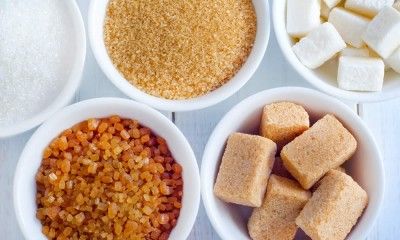
Helping a Fatty Liver with a Sweet Tooth
Since sugary foods aggravate a fatty liver, consider these five strategies to reduce sweet cravings.
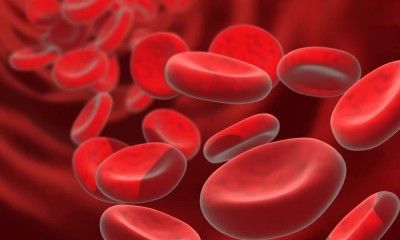
Homocysteine and Fatty Liver Disease
Measuring homocysteine levels has potential for determining the stage of fatty liver disease. Additionally, lowering homocysteine levels could prevent a fatty liver from getting worse.
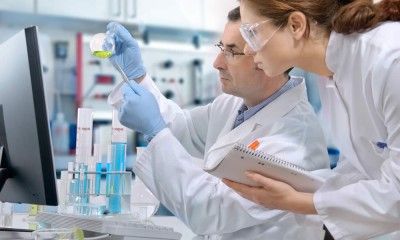
Newly Revealed Health Risk Linked to Fatty Liver Disease
Raising the demand for colonoscopies, scientists have found a clear link between non-alcoholic fatty liver disease and colon cancer.
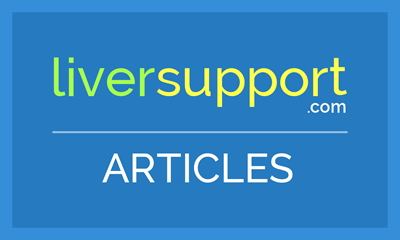
Fatty Liver and Stroke Awareness
New research linking fatty liver disease with stroke ups the ante for educating the public in swift stroke recognition. February is American Heart Month.

New Research Changes the Perception of Statins and Liver Disease
New research compels us to reevaluate the use of statins for individuals with non-alcoholic fatty liver disease.




